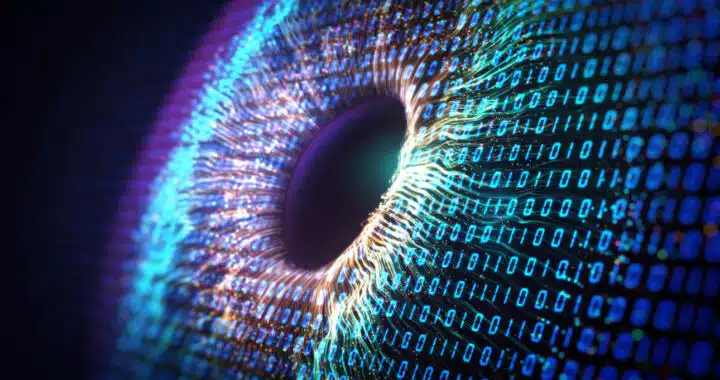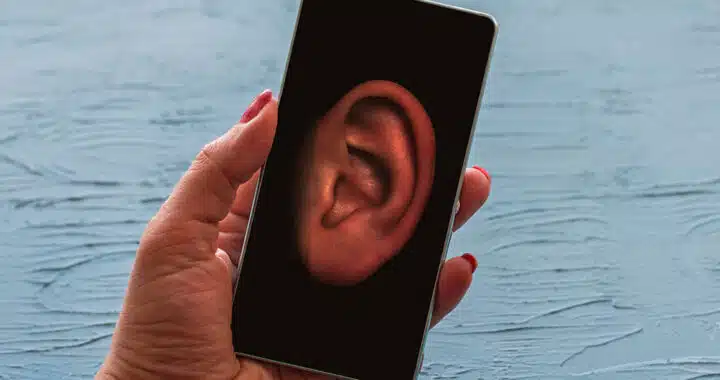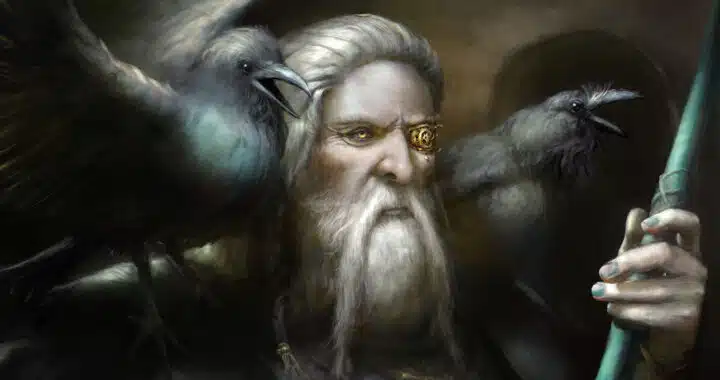
The Art of Psychological Warfare
From marketing manipulation to all-out psychological warfare, Stories Are Weapons clarifies how our world – and worldview – is seldom our own.

From marketing manipulation to all-out psychological warfare, Stories Are Weapons clarifies how our world – and worldview – is seldom our own.

In their pseudo-creativity and occasionally malevolent capriciousness, generative AI programs resemble an order of magical spirits from another age.

Tokens is about all those things that are moneyish—monetary-like exchanges that are tracked and programmable, shady and social, hard coded and beyond borders.

Romcom The Broken Hearts Gallery is aware that we are chained to technology, yet it shrouds social media in the kind of movie magic that can revive the ailing genre.

Neutral Milk Hotel’s ambiguous 1988 album, In the Aeroplane Over the Sea, suffered a memeified atrocity. But the tides of public opinion rise and fall, and memes come and go.

McKenzie Wark’s understanding of ravespace as a constructed situation in nonlinear ketamine-time comports with my experience raving on weekends as a freshman in college.

In The Listeners, scholar Brian Hochman narrates a history of surveillance in the United States by means of technological cunning up to 2001.

The popularity of nuclear apocalypse is nostalgia for a time when our worries were wrapped in a single nuclear package, and all we needed was a bunker and a dream.

Simultaneously inside and outside by either choice or circumstance, punk has always had paradoxical – sometimes hostile – relations with TV, radio, and the internet.

Did ancient Norse mythology anticipate the future rise of blockchain? Maybe not literally but figuratively, it’s interesting to consider.

Manic Street Preachers’ The Ultra Vivid Lament is driven by George Orwell’s aim to make political writing into art.

In this interview with Jan St. Werner, the veteran electronic musician discusses how Mouse on Mars have attempted to blur the distinction between machine intelligence and empathy on their new album AAI.